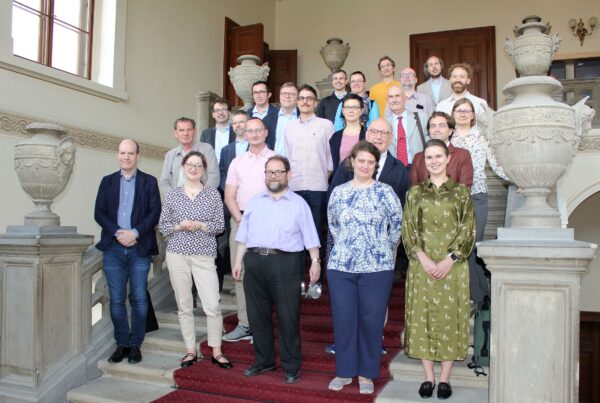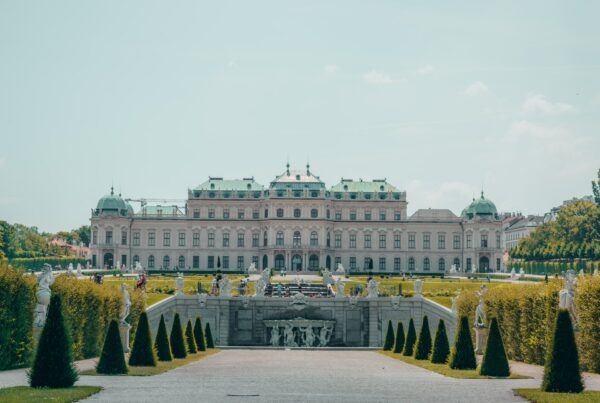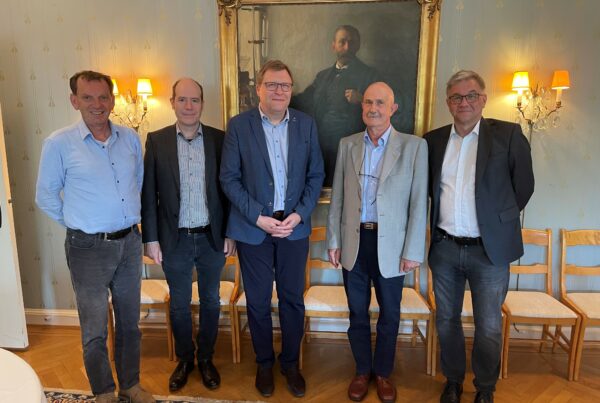The European Academies Research Initiative (EARI) is an association of seven national academies: Académie des sciences (France), Accademia dei Lincei (Italy), Akademie věd České republiky (Czech Republic), Kungliga Vetenskapsakademien (Sweden), Nationale Akademie der Wissenschaften Leopoldina (Germany), Royal Society (UK), Österreichische Akademie der Wissenschaften (Austria).
MISSION STATEMENT
Science in and for Europe
Individually, these academies have been well researched, but an international, comparative perspective is still missing. This is what EARI has taken up, making the academies of science themselves the subject of research, both historically and systematically. When the academies understand themselves and their role in Europe better, they can fully perform their tasks for politics and society.
News | Calendar of events
Recent Posts / View All Posts



The early enlightenment saw the establishment of societies for people who studied nature – including fine arts, cultural historians, and lovers of the architectural world of antiquity – and were as such more like local clubs with diverse interests than scientific communities. In the second half of the 19th century the popularisation of science occurred, dedicated institutions were created, and the specialisation of scientific disciplines appeared. The era of European dictatorships in the 20th century, the emergence of the challenging age of nuclear power, the Cold War and then the threat of catastrophic climate change, are all integral parts of the history of science that emanates from the European Academies.
Science and the work of the academies are always situated in the political sphere. This becomes particularly obvious when political authorities have a direct impact on science. It is the task of science and central science organisations such as academies to reflect critically on this context.



